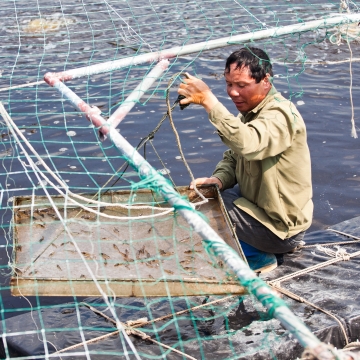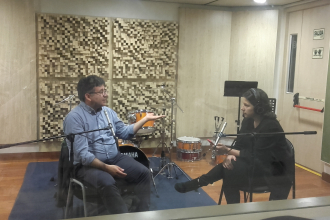Pending Issues and Challenges of Salmon Farming in Chile: A Socioeconomic Perspective
We identify and discuss the main problems and challenges in sustainable development faced by the salmon farming industry in Chile from a socio‐economic perspective. This perspective is broad, in that it includes how the industry interacts with society and the environment, but also limited, in that it only assesses the impact on different social groups and economic agents. First, we present a brief description of the structure and socio‐economic relevance of salmon farming in the country.



